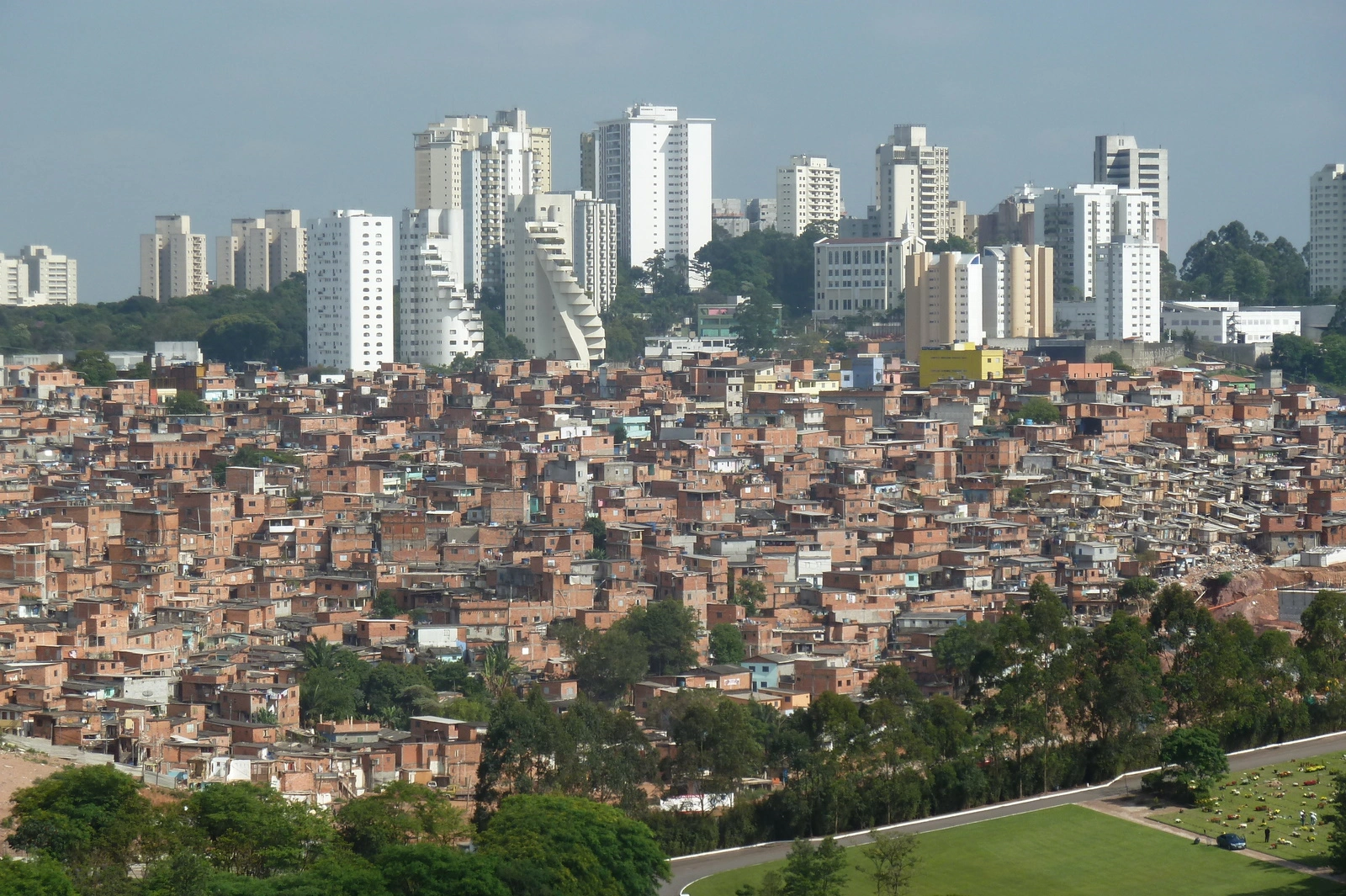Latin America faces a considerable housing deficit, impacting over 23 million people, mainly in urban areas where demand surpasses supply.
This shortfall is alarming, especially with upcoming demographic shifts, as noted by the Development Bank of Latin America and the Caribbean-CAF.
The Regional Economic Commission CEPAL reports that the region’s population has grown significantly, from 168.3 million in 1950 to 660.3 million in 2022.
Predictions suggest a peak population of 751.9 million by 2056, presenting a challenge in providing adequate housing.
The qualitative deficit in housing, highlighted by CAF, shows poor construction materials and a lack of basic services.
This issue affects over 46 million people in the region. Colombia, for example, addresses this by offering subsidies for housing improvements.

The urban deficit there is almost three times greater than the rural one, contrasting with Peru, where the rural housing deficit is nearly double the urban.
The Inter-American Development Bank’s recent approval of a $106.1 million loan for Ecuador underlines efforts to improve housing for the poor and vulnerable.
Diego Aulestia, from Cepal, acknowledges improvements in housing but notes ongoing challenges in maintaining this progress.
Overcrowding has decreased, and the number of people in irregular settlements has reduced, though the total number has remained relatively unchanged.
Addressing Housing Deficits
Despite advancements, risks of regression exist, especially due to low economic growth and weak job expansion.
Factors like difficulties in accessing long-term credit, rising construction costs, and stagnant public spending on housing exacerbate these risks.
Addressing the housing deficit could significantly benefit the economy, with more than half of the world’s 1.8 billion people living in informal settlements lacking adequate housing.
In Latin America and the Caribbean, up to 120 million people reside in informal settlements.
Policies addressing this issue should consider urban revitalization, neighborhood improvements, increased state investment, and suitable financing methods for households.
Different housing solutions, including rental options, are needed to respond to sociodemographic changes.
The recent assembly in Buenos Aires committed to a circular economy approach in housing, focusing on efficient use of land and resources.
This approach aims to minimize environmental impact while improving living conditions, reflecting a holistic strategy in addressing the region’s housing challenges.

